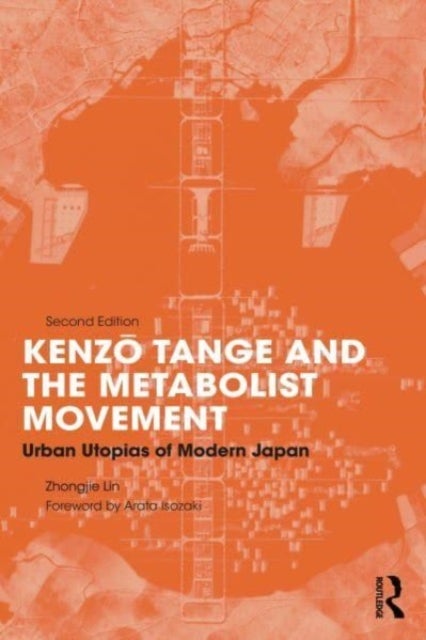
Kenzo Tange and the Metabolist Movement av Zhongjie (University of North Carolina Charlotte USA) Lin
439,-
<P>Amid Japan¿s political turbulence in 1960, seven architects and designers founded Metabolism to propagate radical ideas of urbanism. Kenzo Tange¿s Plan for Tokyo 1960 further celebrated urban expansion as organic processes and pushed city design to an unprecedented scale. Metabolists¿ visionary schemes of future cities gave birth to revolutionary design paradigms, which reinvented the discourse of modern Japanese architecture and propelled it through the years of Economic Miracle to a global prominence. Their utopian concepts, which often envisaged the sea and the sky as human habitats of the future, reflected fundamental issues of cultural transformation and addressed environmental crises of the post-industrial society.</P><P></P><P>This new edition expands Zhongjie Lin¿s pathbreaking account on Tange and Metabolism centered at the intersection of urbanism and utopianism. The thorough historical survey, from Metabolism¿s inauguration at the 1960 World Design Conference to the apex








